
ENDOSCOPY
- List Item #1
COLONOSCOPY
- List Item #1
COLONOSCOPY UNDER SEDATION
- List Item #1
COLONOSCOPY-II WITHOUT ANESTHESIA
- List Item #1
ENDOSCOPIC FOREIGN BODY REMOVAL-I
- List Item #1
ENDOSCOPIC FOREIGN BODY REMOVAL-II
- List Item #1
ENDOSCOPIC MULTIPLE BIOPSY
- List Item #1
PEDIATRIC COLONOSCOPY WITHOUT ANESTHESIA
- List Item #1
PROCTOSCOPY-I
- List Item #1
PROCTOSCOPY-II
- List Item #1
R U T
- List Item #1
SIGMOIDSCOPY
- List Item #1
What is Gastroenterology?
Gastroenterology is the branch of medicine focused on the digestive system and its disorders. It deals with the diagnosis, treatment, and prevention of conditions that affect the:
- Esophagus
- Stomach
- Small intestine
- Large intestine (colon and rectum)
- Liver
- Gallbladder
- Pancreas
Specialists in this field are called gastroenterologists.
In simple terms, gastroenterology is all about keeping the digestive tract healthy and treating problems related to digestion, absorption, and elimination.
What Does a Gastroenterologist Do?
Gastroenterologists evaluate symptoms such as:
- Abdominal pain
- Heartburn or acid reflux
- Bloating and gas
- Diarrhea or constipation
- Blood in the stool
- Unexplained weight loss
- Jaundice
- Swallowing difficulties
They use a range of diagnostic tools and procedures, including:
- Endoscopy (viewing the inside of the GI tract)
- Colonoscopy (examining the colon)
- Liver function tests
- Ultrasound, CT, MRI for abdominal imaging
- Stool tests
- Biopsies from the digestive tract
Why Gastroenterology Matters
🍽️ 1. Digestive Health Affects Overall Health
A healthy digestive system is crucial for nutrient absorption, immunity, and waste removal. Gastroenterology ensures that this system works efficiently, preventing malnutrition, dehydration, and infections.
⚠️ 2. Detects Serious Conditions Early
Gastroenterology helps in early detection of:
- Colorectal cancer
- Liver diseases (like cirrhosis or hepatitis)
- Inflammatory bowel diseases (IBD) like Crohn’s and ulcerative colitis
Pancreatic issues
- Early diagnosis leads to better treatment outcomes and survival rates.
🔍 3. Manages Common Digestive Disorders
Millions suffer from issues like:
- GERD (acid reflux)
- IBS (irritable bowel syndrome)
- Gastritis
- Constipation
- Peptic ulcers
These conditions affect daily life and productivity. Gastroenterology helps manage symptoms, reduce complications, and improve quality of life.
🦠 4. Prevents and Treats Infections
Digestive tract infections from bacteria, viruses, or parasites (e.g., H. pylori, hepatitis viruses, food poisoning) are common. Gastroenterologists identify and treat these efficiently, reducing the risk of complications.
🩸 5. Helps in Cancer Prevention
Routine screening colonoscopies can detect pre-cancerous polyps early, preventing colorectal cancer—a leading cause of cancer deaths. Similarly, monitoring for hepatitis B and C reduces liver cancer risks.
🧬 6. Supports Liver and Pancreatic Health
Gastroenterology overlaps with hepatology (liver care), addressing:
- Fatty liver disease
- Hepatitis
- Liver cirrhosis
- Pancreatitis
- Gallstones
Proper management prevents liver failure, reduces cancer risk, and improves outcomes in chronic liver disease.
👩⚕️ 7. Improves Digestive Comfort and Lifestyle
Through diet plans, medication, and lifestyle advice, gastroenterologists help manage:
- Food intolerances (like lactose or gluten sensitivity)
- Acid reflux and indigestion
- Weight gain or loss related to digestion
This leads to better gut comfort, energy, and mental health, as gut health is closely linked to mood and brain function.
Conclusion
Gastroenterology plays a vital role in maintaining health, preventing disease, and enhancing quality of life. From treating common issues like indigestion to diagnosing life-threatening conditions like colon cancer, gastroenterologists ensure your digestive system is functioning at its best.
In today’s world of processed food, stress, and sedentary lifestyles, digestive issues are more common than ever. Regular GI checkups, healthy eating, and timely diagnosis through gastroenterology services can make a major difference in lifelong well-being.
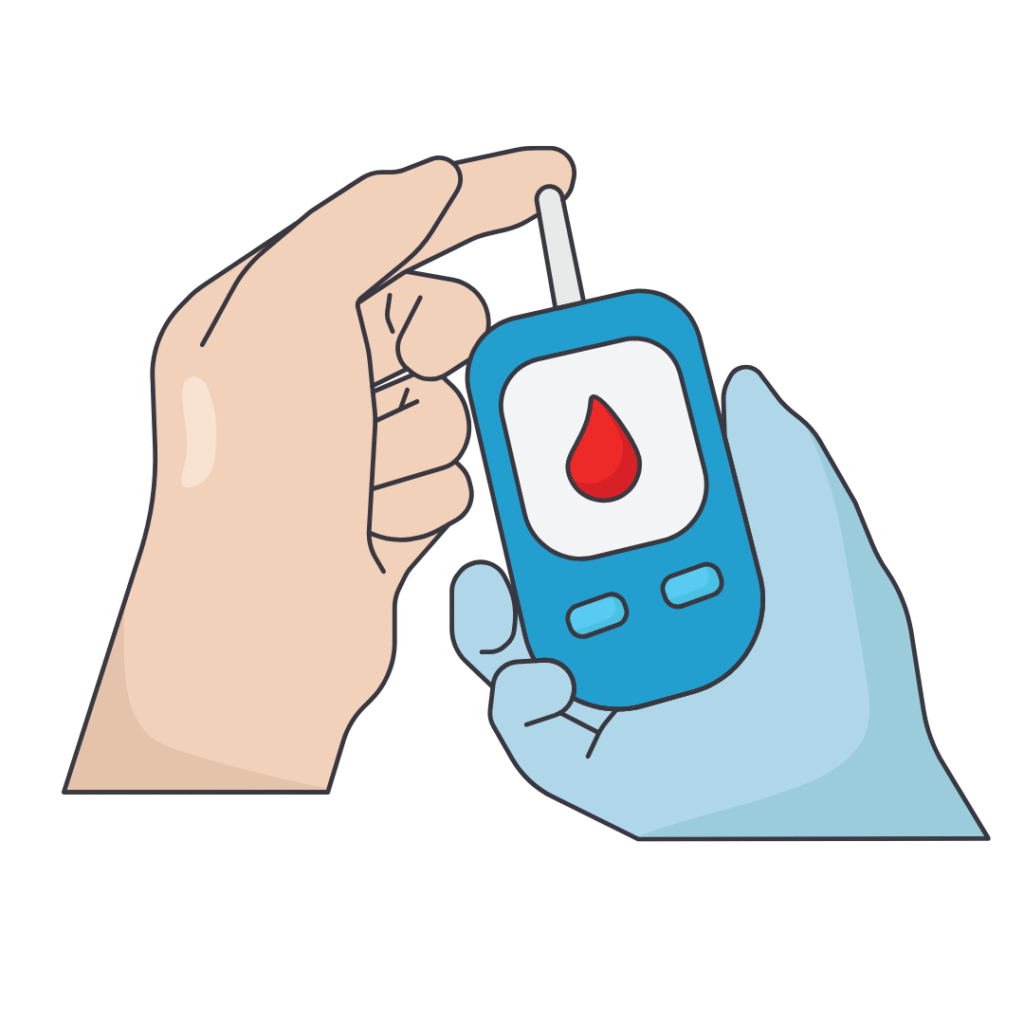
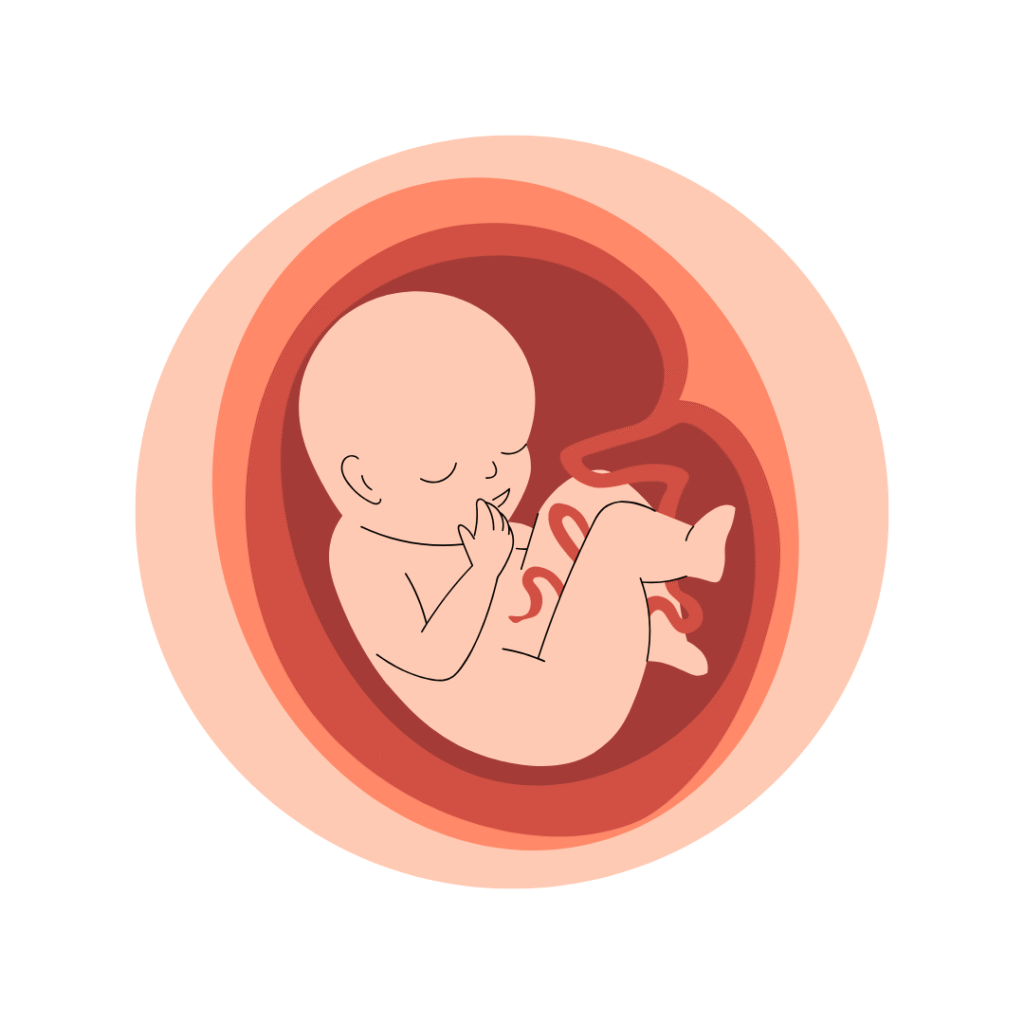
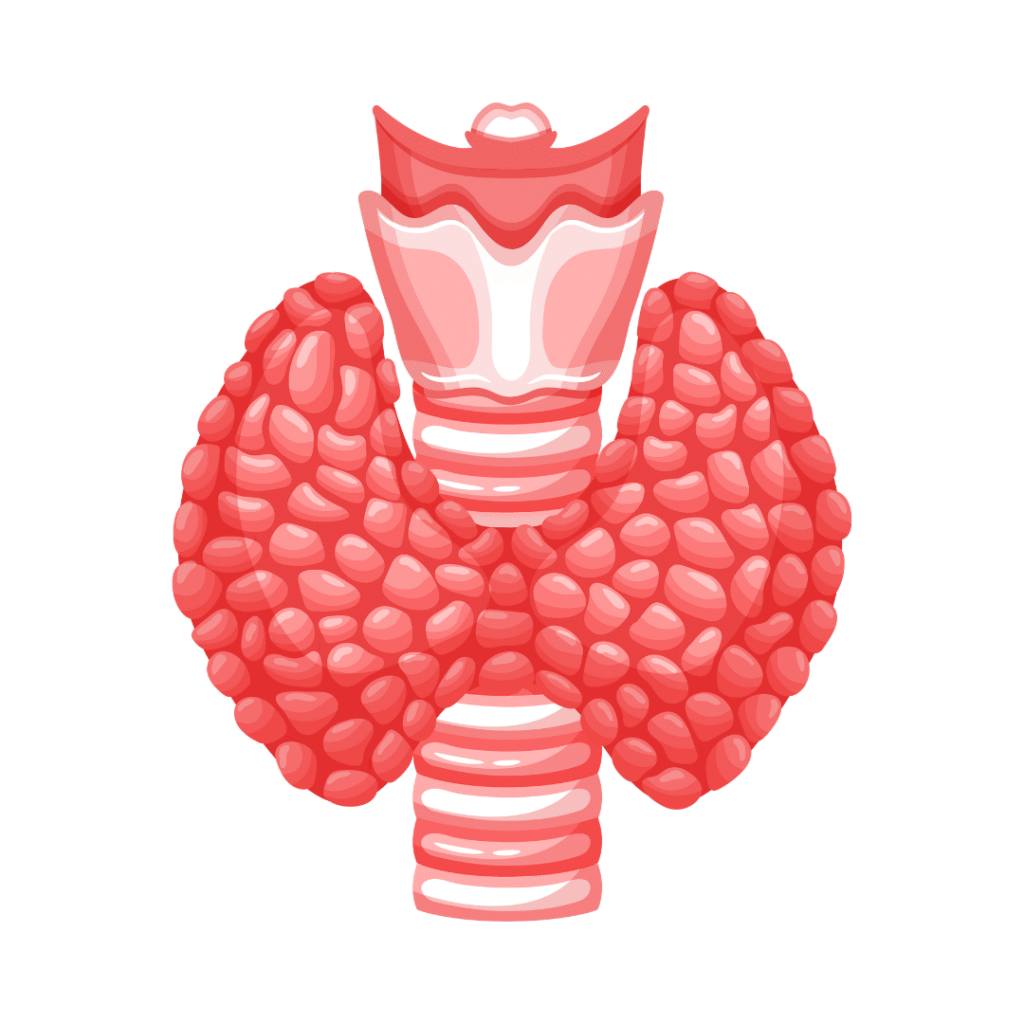
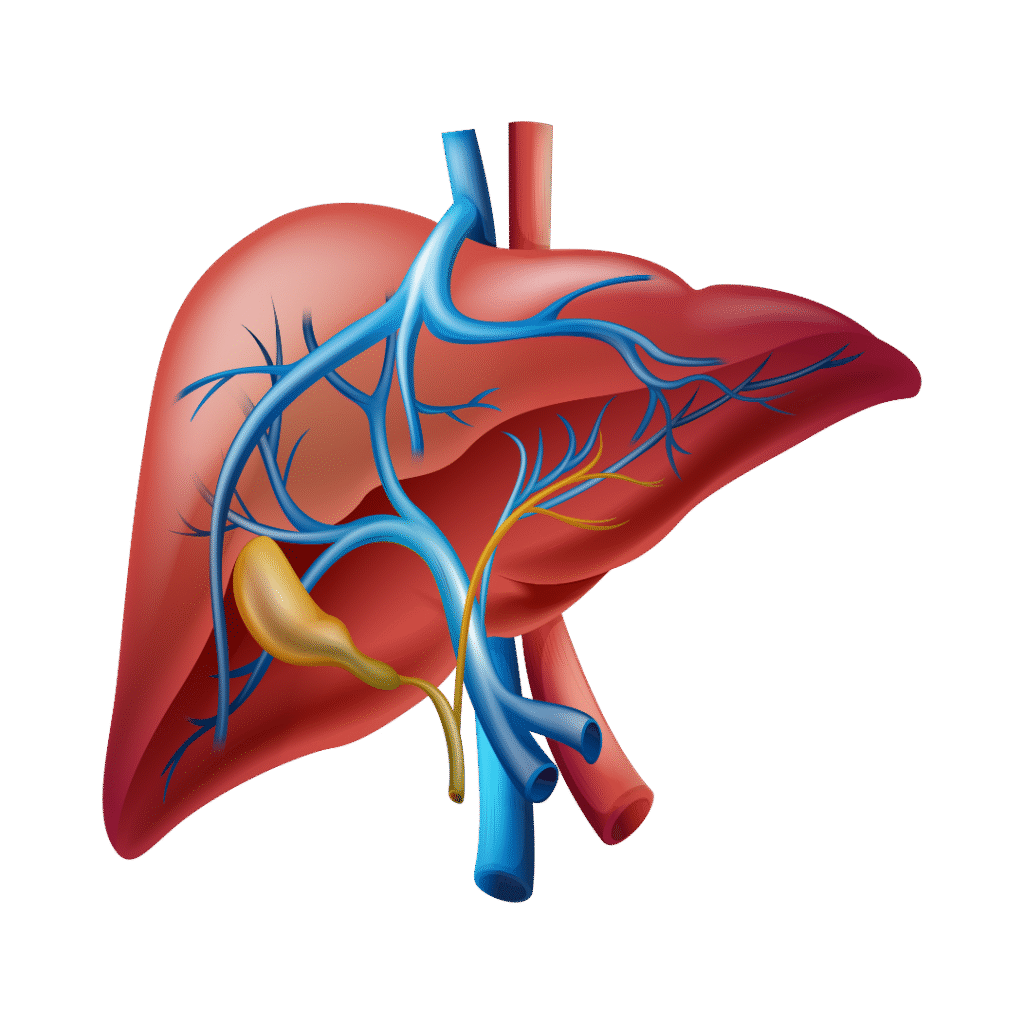
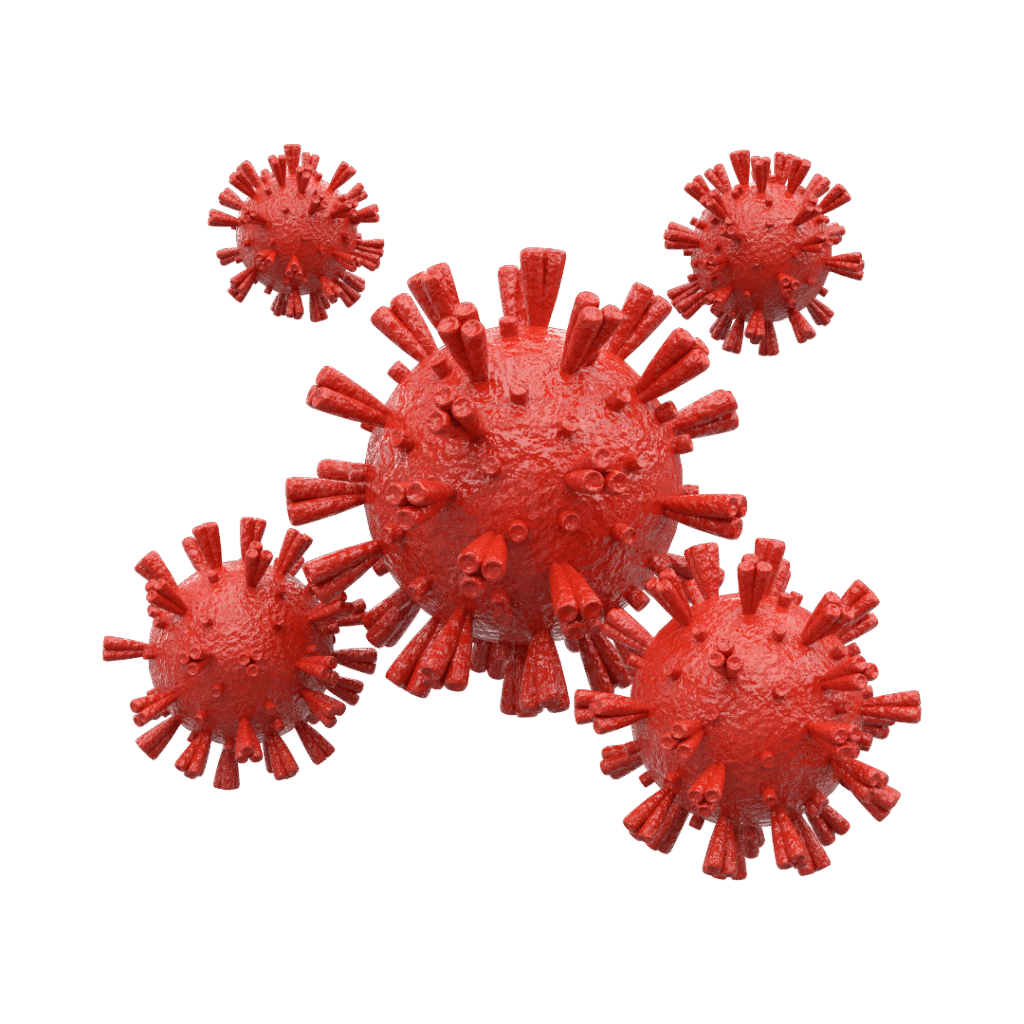
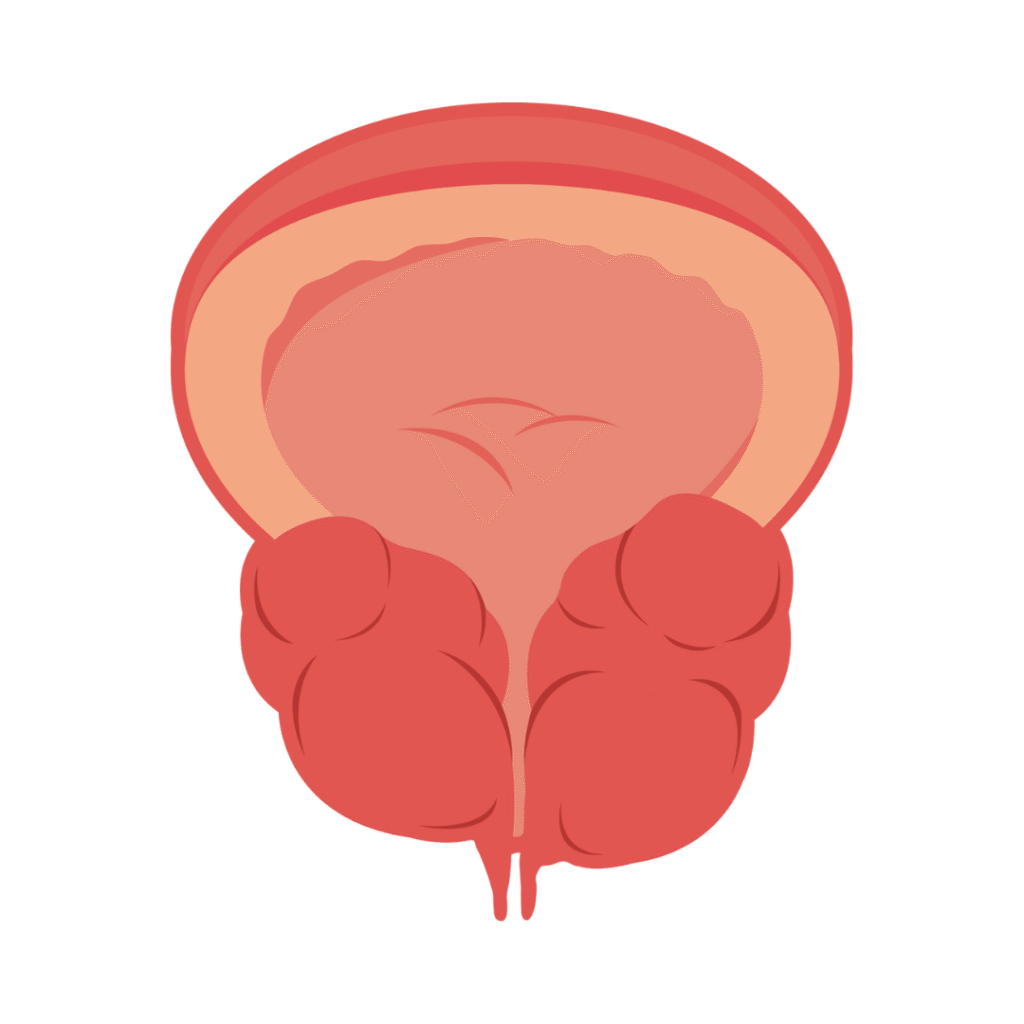

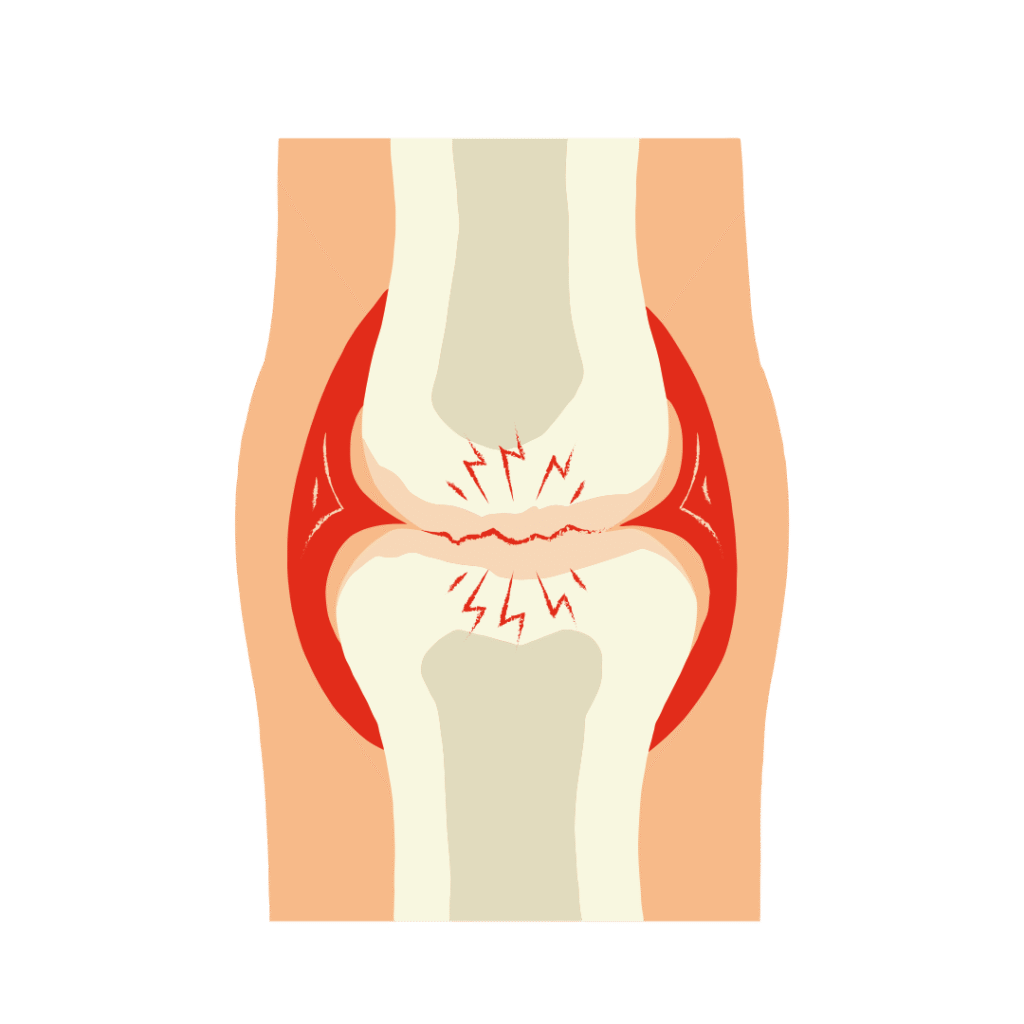
Diabetes
Pregnancy
Thyroid
Liver
Covid
Prostate
Fertility
Bone

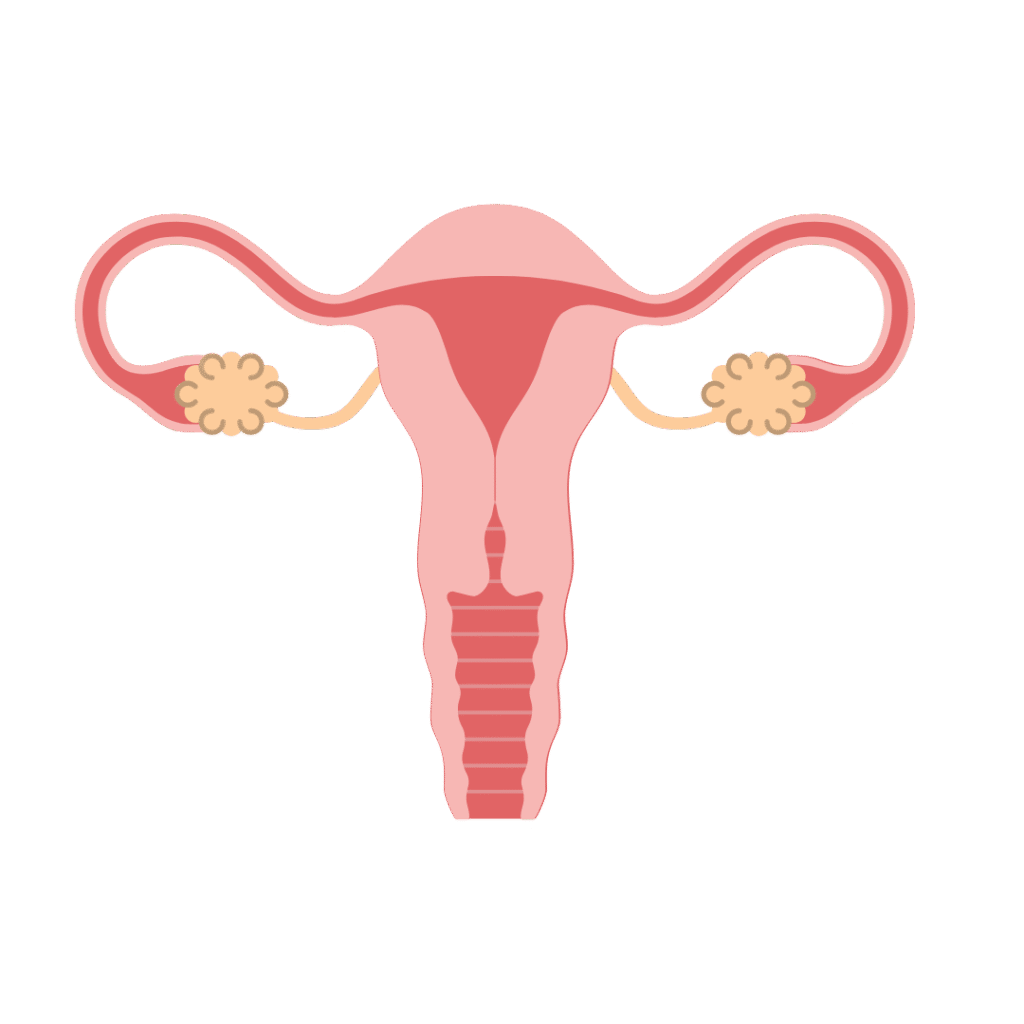
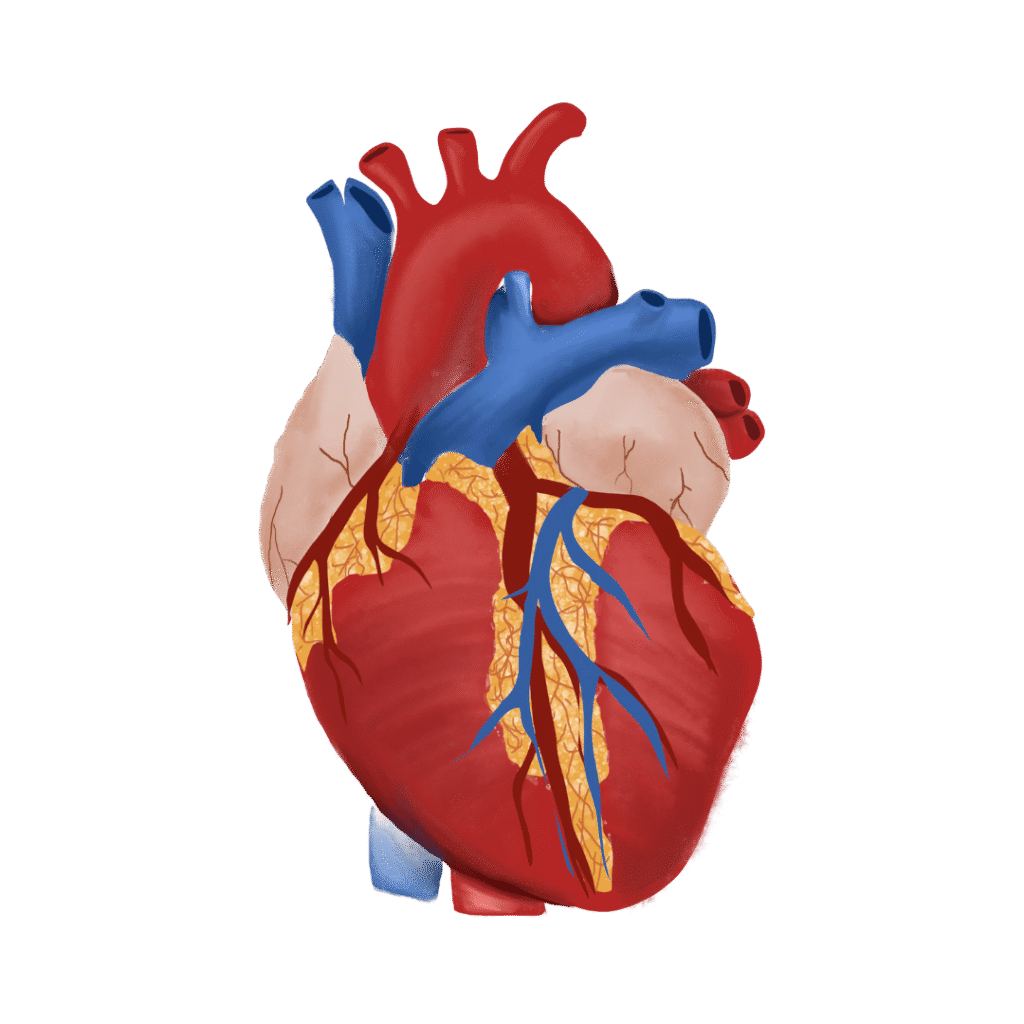
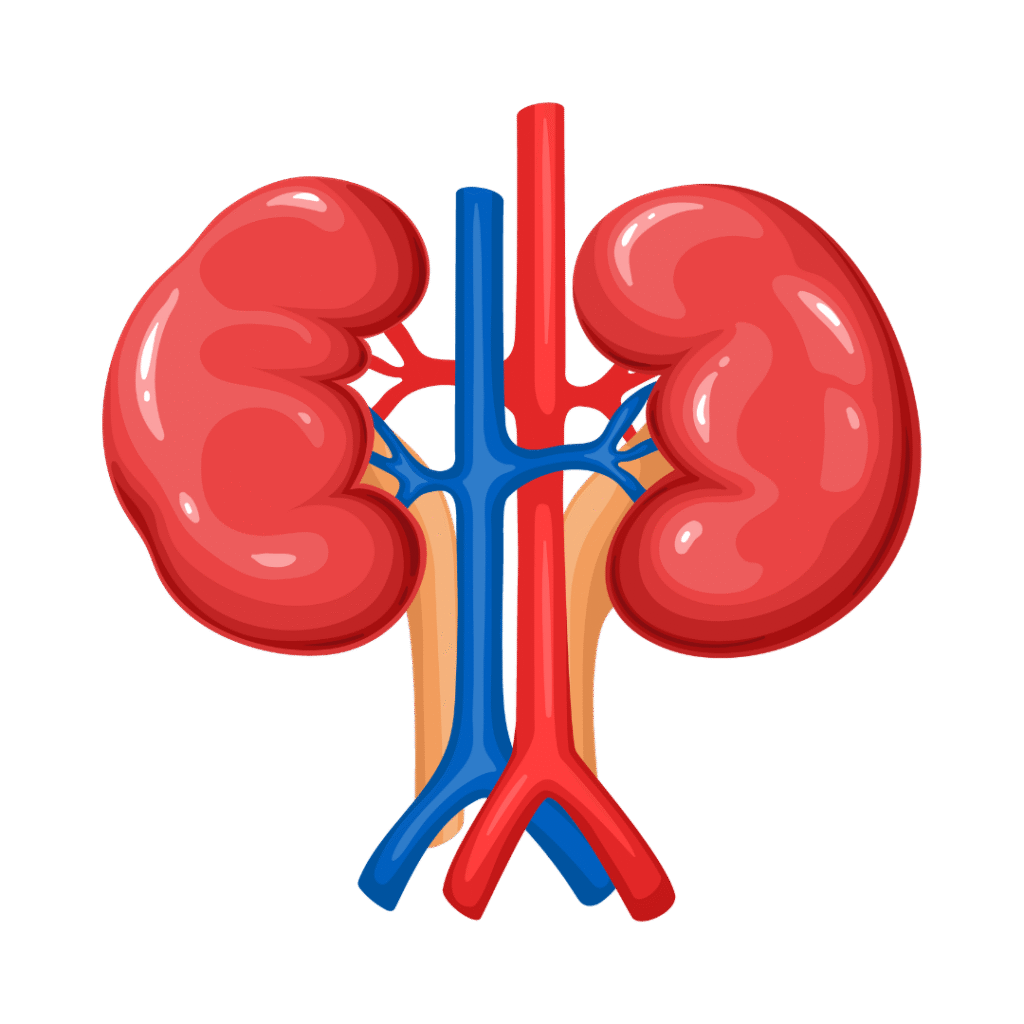
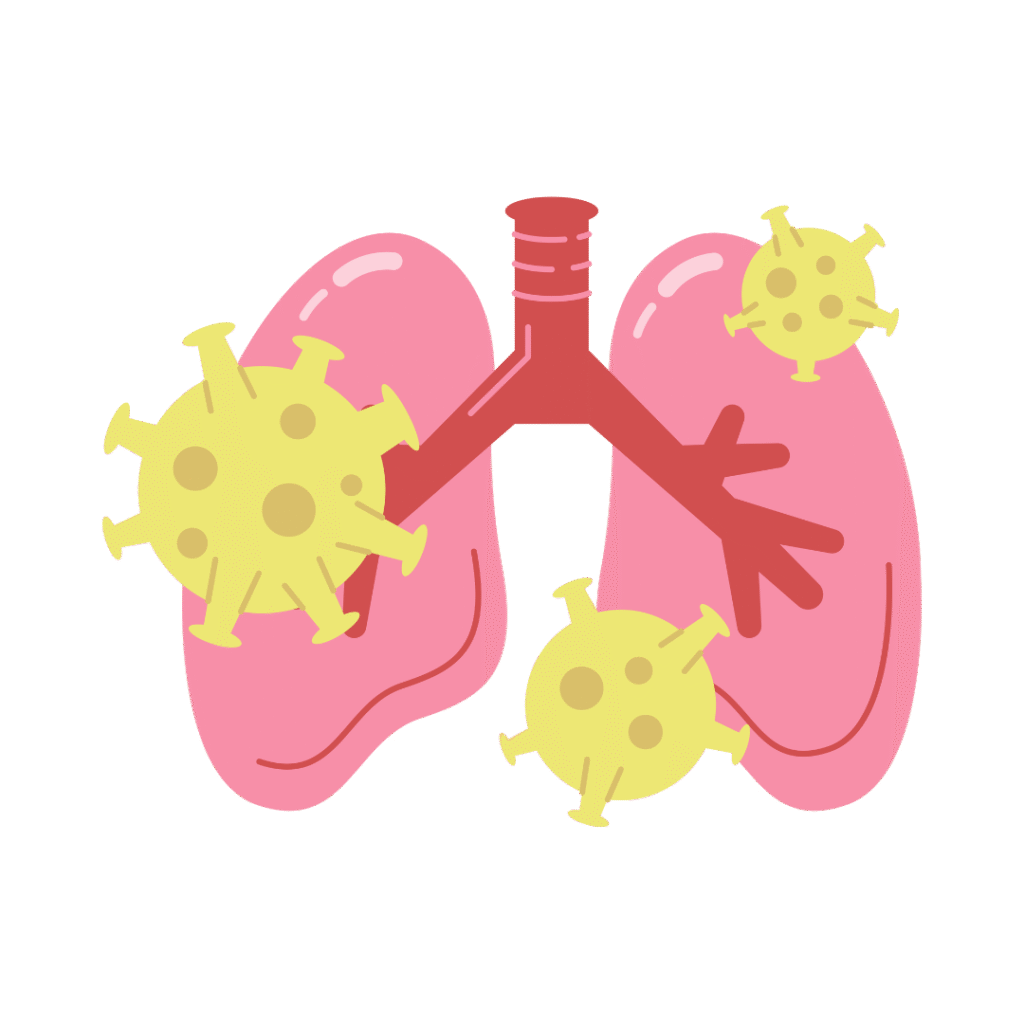


Gastro
Cervix
Heart
Kidney
cancer
breast
Vitamins
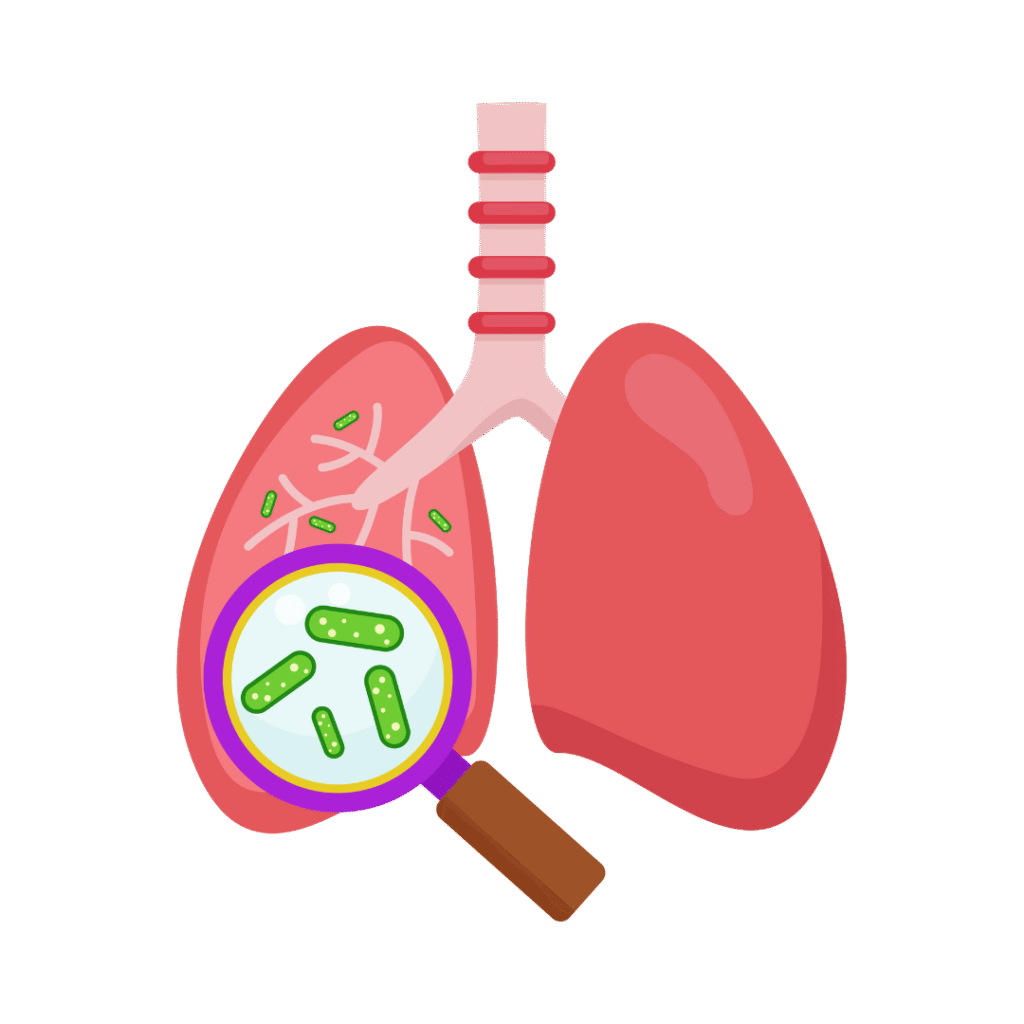
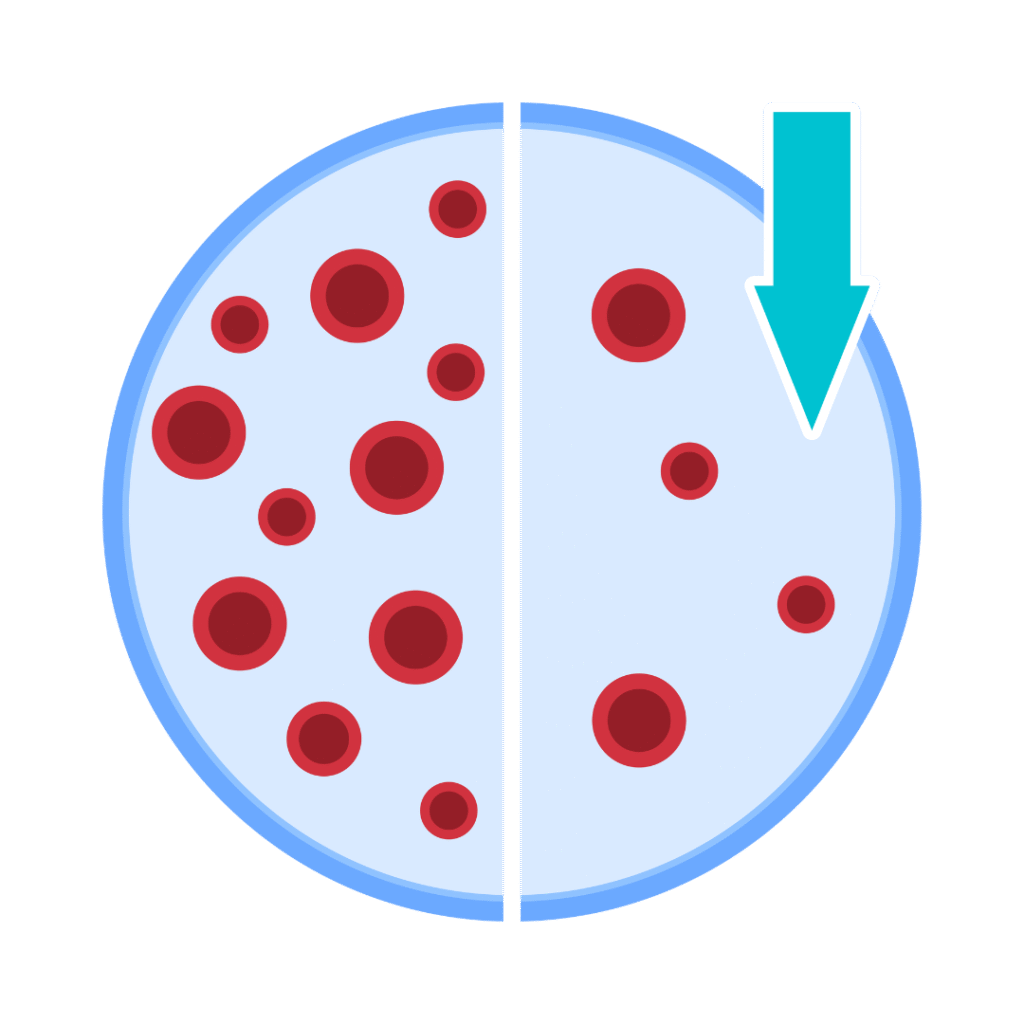
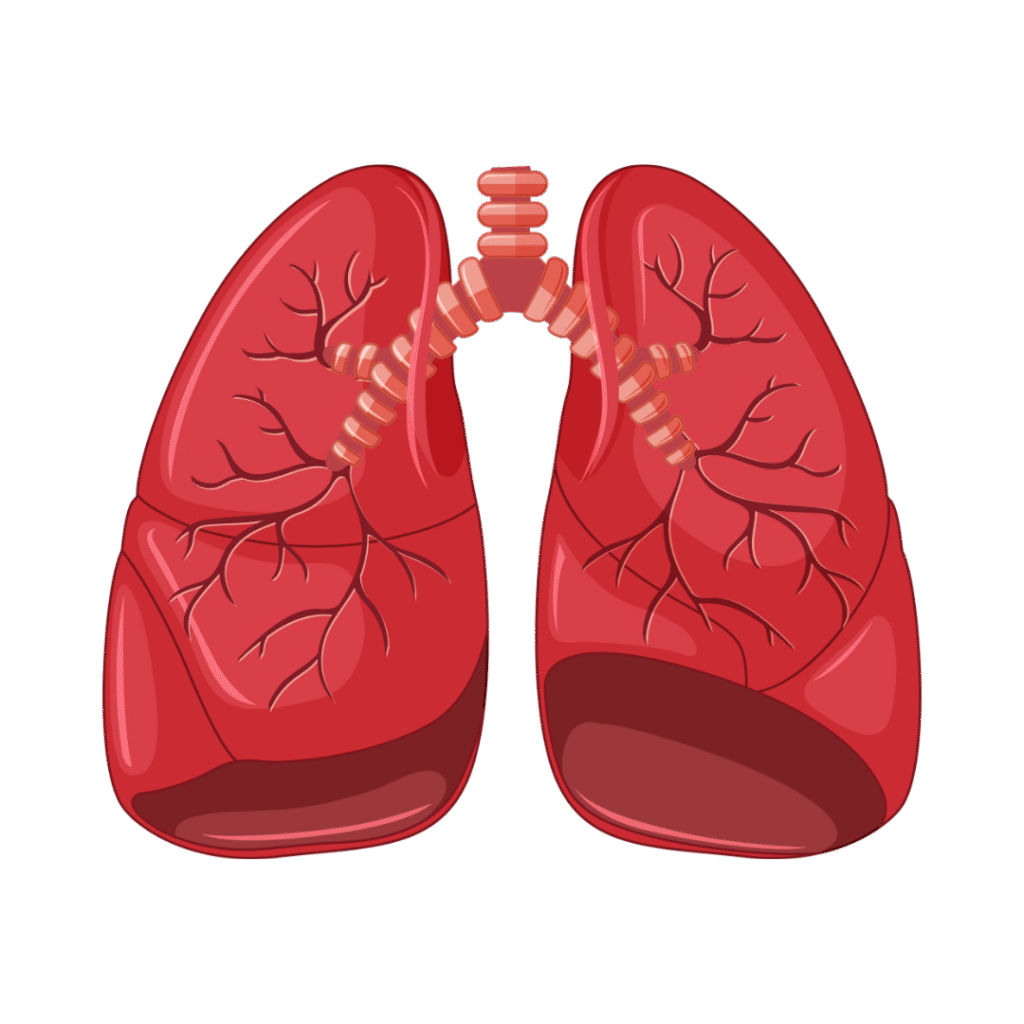
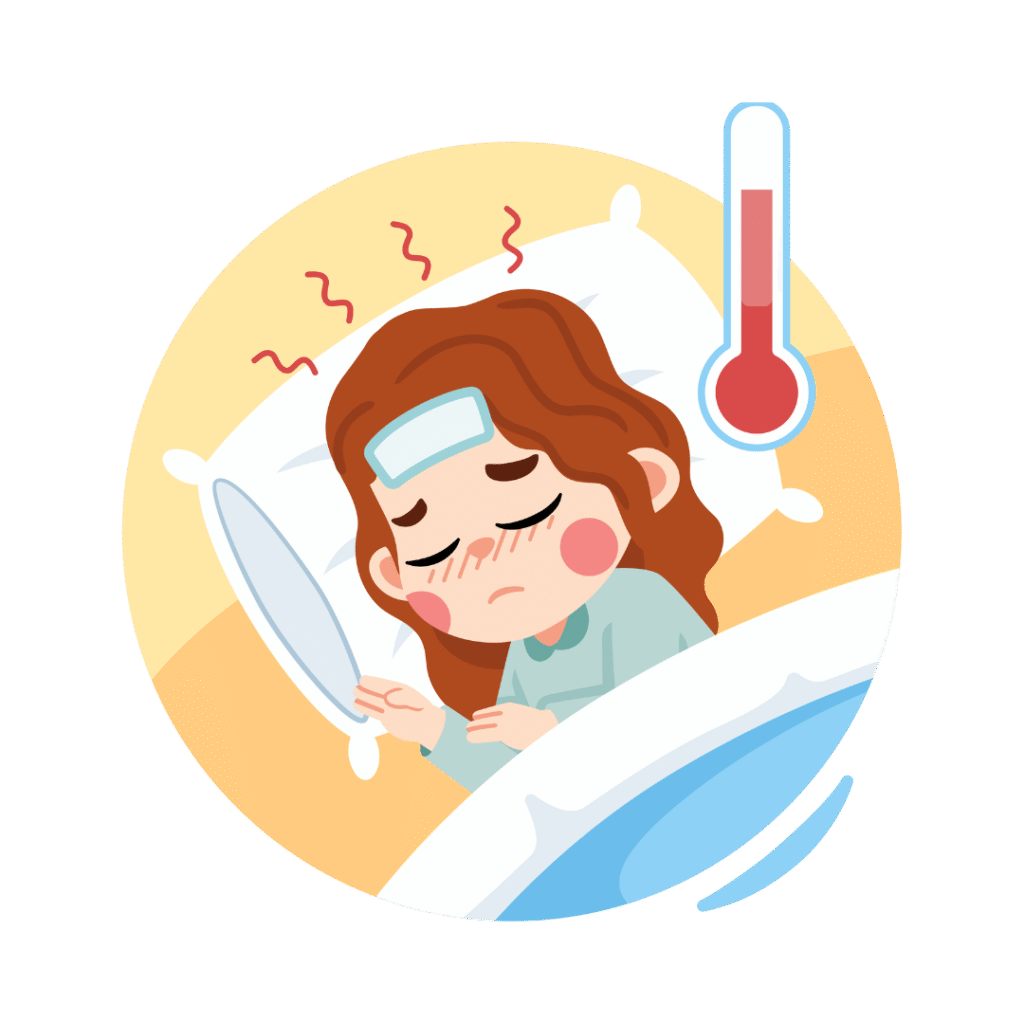

Tuberculosis (TB)
Anemia
Lungs
Fever
Allergy
Frequently Asked Questions
Gastroenterology is the branch of medicine that focuses on the digestive system and related disorders. It includes the esophagus, stomach, intestines, liver, gallbladder, and pancreas.
You should see a gastroenterologist if you experience:
Abdominal pain or bloating
Frequent heartburn or acid reflux
Constipation or diarrhea
Blood in stool
Unexplained weight loss
Jaundice or liver problems
Common diagnostic procedures include:
Endoscopy (Upper GI)
Colonoscopy (Lower GI)
Ultrasound Abdomen
Liver function tests (LFTs)
Stool tests
CT/MRI Abdomen
Fibroscan (Liver scan)
Endoscopy is a procedure where a thin, flexible tube with a camera is inserted through the mouth to examine the esophagus, stomach, and small intestine. It’s not painful; you may receive sedation for comfort.
Fasting for 6–8 hours may be required for ultrasound or endoscopy
Bowel preparation may be needed before colonoscopy
Follow the pre-test instructions given by the clinic
Yes, some conditions like ulcers, inflammatory bowel disease (IBD), liver cirrhosis, or colon cancer can be serious if untreated. Early detection through diagnostics is crucial.
Yes. Most tests are minimally invasive and safe, especially when done by trained professionals using modern equipment.
Yes. Children may suffer from food intolerance, constipation, or infections. Elderly patients are more prone to reflux, ulcers, and liver-related conditions.
Blood/stool test reports: Within 24 hours
Endoscopy/Colonoscopy reports: Within 1–2 days
Biopsy reports (if taken): May take 3–5 days
Yes, most diagnostic tests and procedures are covered under insurance when recommended by a physician. We offer assistance for insurance queries and approvals.
